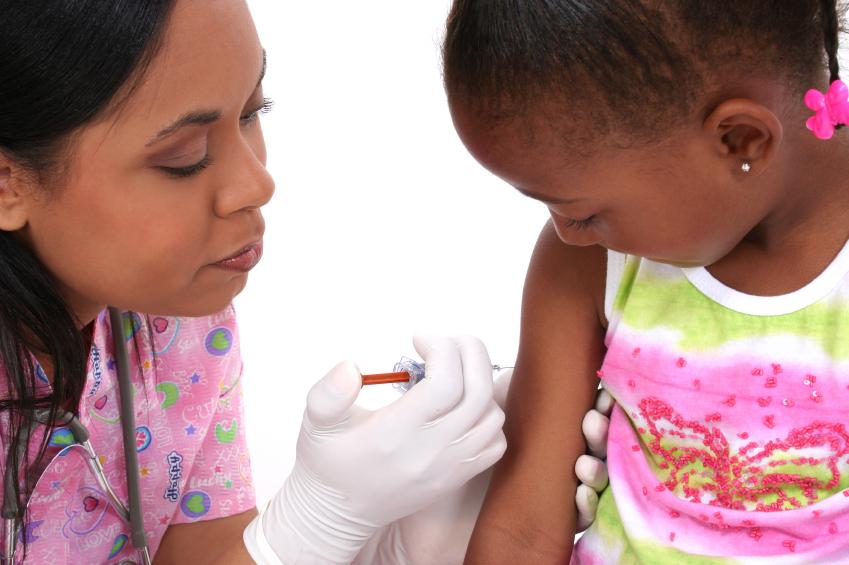
 Colorado-based epidemiologist Jason Glanz became interested in helping parents make informed choices about vaccines while working on a seemingly contradictory subject. Glanz was compiling data about the frequency of vaccine side effects. He was surprised to discover how rarely children suffer serious reactions.
Colorado-based epidemiologist Jason Glanz became interested in helping parents make informed choices about vaccines while working on a seemingly contradictory subject. Glanz was compiling data about the frequency of vaccine side effects. He was surprised to discover how rarely children suffer serious reactions.
"Over the years I've seen that vaccines are generally safe," Glanz, who works at Kaiser Permanente's Institute for Health Research in Denver, says. "I've also noticed a growing number of parents who are concerned about vaccines. They're skeptical about effectiveness, but even more concerned about safety, despite all this great data to suggest otherwise. And so that got us interested in studying vaccine hesitancy."
Vaccine hesitancy is in the spotlight right now in Colorado because the General Assembly is debating a bill that would require parents to receive information about the importance of immunization from a medical professional or an online training module before they could enroll an unvaccinated child in school or daycare.
The debate has been contentious at times. And while people on each side cite parts of his work to support their positions, Glanz says the research clearly points in one direction: toward the benefits of vaccination.
Glanz's prominence in the debate came out in recent interviews on Colorado Matters. Sundari Kraft, with the group Vaccinate for Healthy Schools, pointed out that Glanz found higher vaccine opt-out rates are correlated with higher rates of preventable diseases. Glanz used data from Kaiser Permanente members to find that children who don't get the pertussis vaccine are 23 times more likely to contract the disease than their counterparts who got the shots.
On the other side, Theresa Wrangham of the National Vaccine Information Center told Colorado Matters about Glanz's study finding parents who decline or delay vaccinations for their children are eight times more likely to tell researchers that they constantly reevaluate their decisions, which Wrangham said shows that parents do not need more education on the issue, as the Colorado bill suggests.
Glanz interpreted that study's findings a little differently. "One parent described her experience as being on 'hyper-alert,'" Glanz says. "And what that meant to us was perhaps these parents were so adamantly against vaccinations, that they recognized that not doing it perhaps puts their children at risk, that perhaps they might be amenable to an intervention to help reduce their concerns."
Now Glanz, who also teaches at the CU School of Public Health, is focusing much of his research on how medical professionals can best address the hesitancy some parents feel around the number and potency of immunizations the state wants their children to have. It's an issue that's received new attention since a recent report in the journal Pediatrics, which found many common educational approaches actually make vaccine-hesitant parents less likely to inoculate their children.
Glanz and his partners have created a website for Kaiser members, where parents can find information about vaccines, participate in forums and communicate with medical professionals.
"We're trying to create this safe environment where parents can feel free to ask any question, voice any concern, without the fear of retaliation or abuse," Glanz says.
The site is too new for there to be data about whether it actually results in more parents vaccinating their children. But Glanz admits that any effort in this direction faces one big hurdle: In their rush to present information about the safety and efficacy of vaccines, medical professionals risk alienating parents wary of propaganda. According to Glanz, parents often say they want "balanced" information, meaning they may want to hear as many arguments against vaccination as for it. But, Glanz says, for health researchers, the data comes down overwhelmingly on the pro-vaccine side. The disconnect, Glanz says, can erode trust.
"So our thought is, if you're up front and transparent about the side effects," Glanz says. "Perhaps that's one way to connect with these parents and build trust, establish a rapport and improve the conversations and the decisions that they're making."









